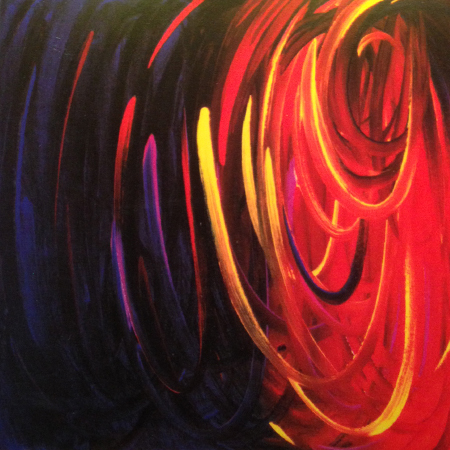Allowance
Change is a fact of death. One who was alive is now dead. Our life is different as a result. When we find ourselves in the throes of grief we are quite aware that we are changed too.
Making an allowance in our own mind and life for the change, and our reaction to it, is necessary for our grief to unfold in a natural and healthy way. Ideally you and others will make an allowance for the drastic change that has occurred and the grief that follows. Because of the impact of grief and the physical, emotional, mental, and social demands that can occur after a death, you may need to alter the expectations you have for yourself. You may need extra time for rest, normal routines, mourning, and the adjustment to being without the person who died.
Very likely the allowance for the pain and disruption of grief will need to be made for an extended period of time. This can be difficult in a society that gives 3 days bereavement leave, and expects you to be back to your “normal” self within a few weeks or months. It is not unusual for bereaved people to be given the message, directly and indirectly, that it is time to “get on with your life” within a short time after the death. Seldom, if ever, is anything else offered with the simplistic “get on with your life” solution to grief and the unspoken message that accompanies it, to act as if you are not affected by your profound loss.
Most bereaved individuals experience bewilderment about how to enact “getting on”, and are unable to be or act unaffected by the death. In addition, you may feel resentful or angry at what feels like a diminishment of the death, the person who died, and your grief response.
There is not a well-accepted societal norm of allowance for grief and mourning. To a great extent our society does not see any value in the experience of grief or the activities of mourning. You may feel little allowance from others for the significant change in your life.
Making an allowance for your grief in your own mind and finding others who understand and make an allowance for your grief will diminish your sense of isolation and alienation. It will ease your distress about the pain and disruption you are experiencing, and help you focus on the unwanted task of getting through your grief and figuring out what “getting on with your life” truly means.
Allowance is a good beginning to the acknowledgement of the personal importance of this universal human experience.
